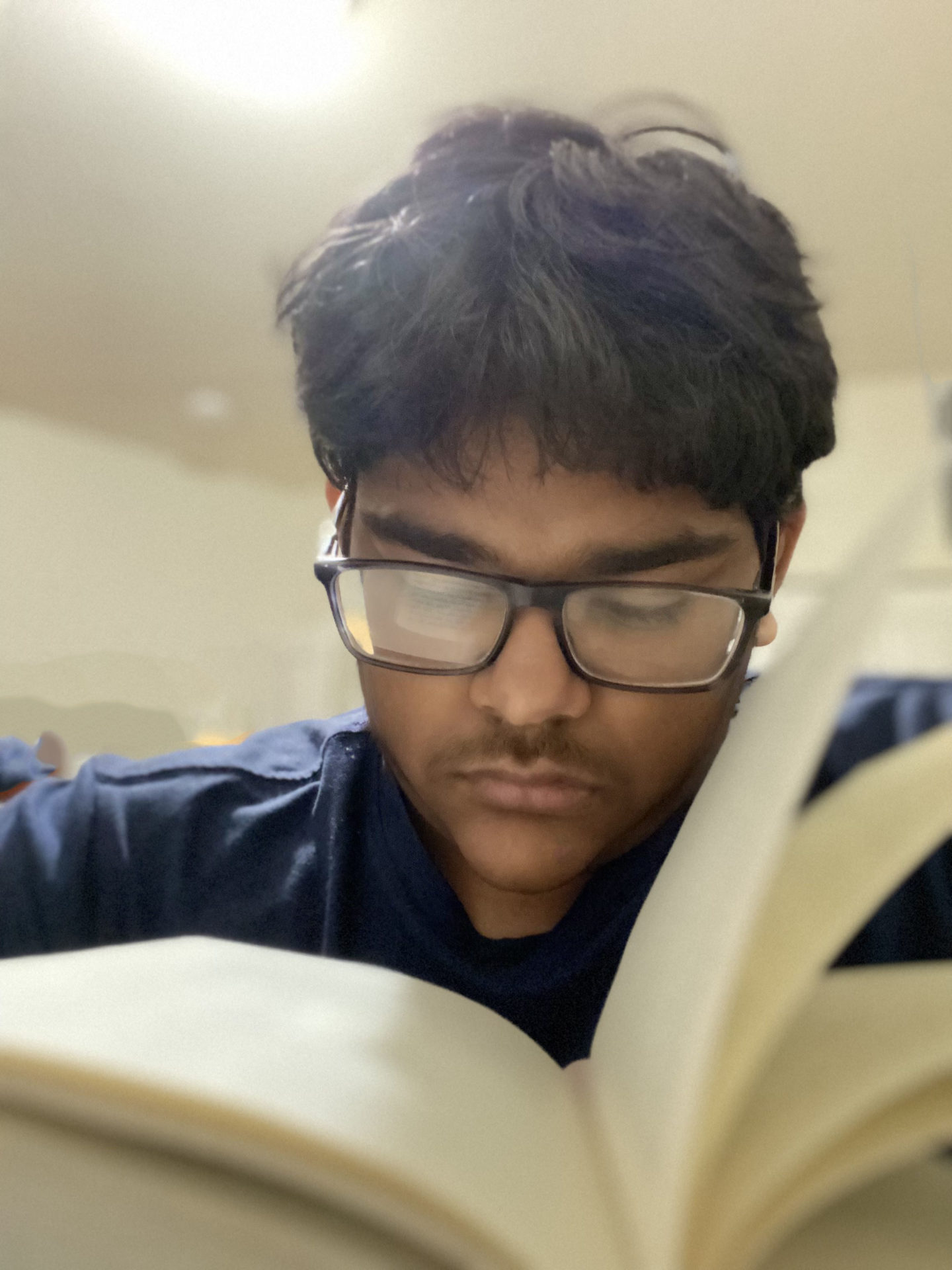As a student who enjoyed being in an intellectually challenging environment (and denied opportunities to skip school days), I wanted to share my knowledge as a student to help create a world where learning is meaningful, accessible, and interesting — so I co-created Dreamers Abyss.
Mudit Jha, Co-Founder of Dreamers Abyss
Throughout my journey as a learner, I have been fortunate enough to experience two very distinct perspectives on education: Indian education and American education. Both systems are unique and vary greatly in terms of academic structure, student culture, and environment.
“School is one thing. Education is another.”
– Austin Kleon, author
My experience with various International Schools in India mainly consisted of examination structured learning, with a high emphasis on academic achievements and a brute, rigorous curriculum. With a population of more than one billion, it is easy to understand the need for highly competitive examinations and standardized learning. But, for me, it was not an environment in which I was able to thrive. The experience of being pushed to the limits to prepare for exams, read massive textbooks, and take pages of lecture notes daily brought nothing but stress, anxiety, and boredom. In fact, the experience led to a decline in my love for learning; I would rather go outside and play sports for six hours with my friends than sit down for my fifth revision of the day for my Biology exam. From my years spent learning in India, I realized I did enjoy learning when it cultivates my interests and engages my curiosity. As a result of the lack of freedom in learning and constant pressure to achieve academic benchmarks, I felt a gap in my identity as an intellectual learner — a feeling of being onboard a production line of machines ready to produce output on any given inputs.
“Our schools of learning, by producing one general, and uniform system of education, will render the mass of the people more homogeneous, and thereby fit them more easily for uniform and peaceable government.”
– Benjamin Rush, 1798
“The Industrial Revolution has bequeathed us the production-line theory of education…no matter its past achievements, it is now bankrupt.”
– Yuval Noah Harari, 2018
On the other hand, my experience with an American education had the same backbones but a much more relaxed state of learning. The emphasis on quantity over quality and content-driven learning had not changed, although the learning environment I’m in promotes cross-learning and flexibility in learning paths. The focus on academics is balanced out with personal development activities (extracurriculars/sports). This allows students to explore individual interests and develop soft skills that prove useful in future careers.
Still, the same problems exist wherever we look:
- Learning is only seen as a school activity, with not enough stimulation outside of the classroom.
- Learners are unable to connect concepts toward real-world applications, which could enable deeper-level learning and convey concept mastery much more effectively than grades and test scores.
- Failure to recognize an individual’s strengths and weaknesses for adaptive learning. This would ensure that every student has a unique understanding that is developed at a reasonable pace for them.
- Teacher-centered/led classrooms in which students sit idly with a teacher lecturing. (A very common way of teaching.)
Problems that need to be addressed:
- Education systems should be designed in a way to reveal the talents and skills of all students. Talent and skills are NOT distributed in a bell curve. All students need an equal amount of attention to build a thriving community of learners.
- The need for opportunities to showcase learning outside school, promoting project-based learning.
- Grading and student analyzing methods need to be worked on. Lowering the emphasis on academic excellence is crucial to fix the increasing rates of stress and anxiety in students, alongside many other mental health issues.
- There is a lack of positive student/teacher relationships. Students should be able to look at teachers as role models and mentors that motivate and empower positive growth.
- An increase in autonomy is crucial. Since schools run on fixed schedules and routines, students are being conditioned to depend on external forces. This not only causes boredom and demotivation in the classroom but also carries a large impact on how students will eventually perform in the modern workforce, where independence is crucial.
I strongly believe that it is our duty as lifelong learners to be persistent and learn to thrive. Even with many problems in our current system, we can still control how we respond to and cultivate our understanding and curiosity for positive growth.
As a result of the lack of freedom in learning and constant pressure to achieve academic benchmarks, I felt a gap in my identity as an intellectual learner — a feeling of being onboard a production line of machines ready to produce output on any given inputs.
Mudit Jha, Co-Founder of Dreamers Abyss
As a response to my constant boredom and lost intellectual curiosity, I turned to reading various self-development and educational texts from my local library. I started taking the spare time I had left after my school duties to pursue knowledge that would shift my mindset and attitude towards learning and personal growth. As a student who enjoyed being in an intellectually challenging environment (and denied opportunities to skip school days), I wanted to share my knowledge as a student to help create a world where learning is meaningful, accessible, and interesting — so I co-created Dreamers Abyss.
Dreamers Abyss is the world’s first internationally developed content-driven platform for students, by students! Early in 2022, during my junior year in high school, I began to think of a way to share my ideas and leverage the influence of online content among students to create an online platform for learners to improve their life with passion, curiosity, and self-development. Soon that idea would flesh out as I partnered with my close friend from India, who shared the same vision and ideas as me, to work together over two months to develop Dreamers Abyss. And, over the span of the next few months, we would have more students from around the world, with shared ideas and passions to improve student life, join as content creators. We have expanded to start a podcast called The DreamVerse Podcast and are currently working on creating consistent education and self-improvement content to engage the community of students in a positive growth mindset.
In my school, I built strong relationships with my superintendent and presented my views on education and learning to my school board. This led me to opportunities to meet with great organizations such as the 21st Century Skills Committee for MN Education and, of course, Education Reimagined!
In my journey of wanting to be a better learner, I have found many passions and formed a unique identity, which I feel I previously lacked due to the uniformity and conformity of my educational experience. I am now a co-founder of an organization with a great diverse community of individuals and a writer, working on a book and weekly articles for Dreamers Abyss. I found my academic interests in computer science and psychology. (Both subjects that I haven’t even properly taken in school yet!) I’m hoping to learn more about education psychology by working with researchers and gaining knowledge and exposure during my senior year.
I’d like to see a future of education where young learners are empowered to explore their passions. Instead of being bored in traditional classroom settings, learners should be motivated to form unique identities and cultivate intellectual curiosity. I hope that soon, our education systems will move past the industrial mindset and toward a modern culture of education that supports positive student growth for the 21st Century.

